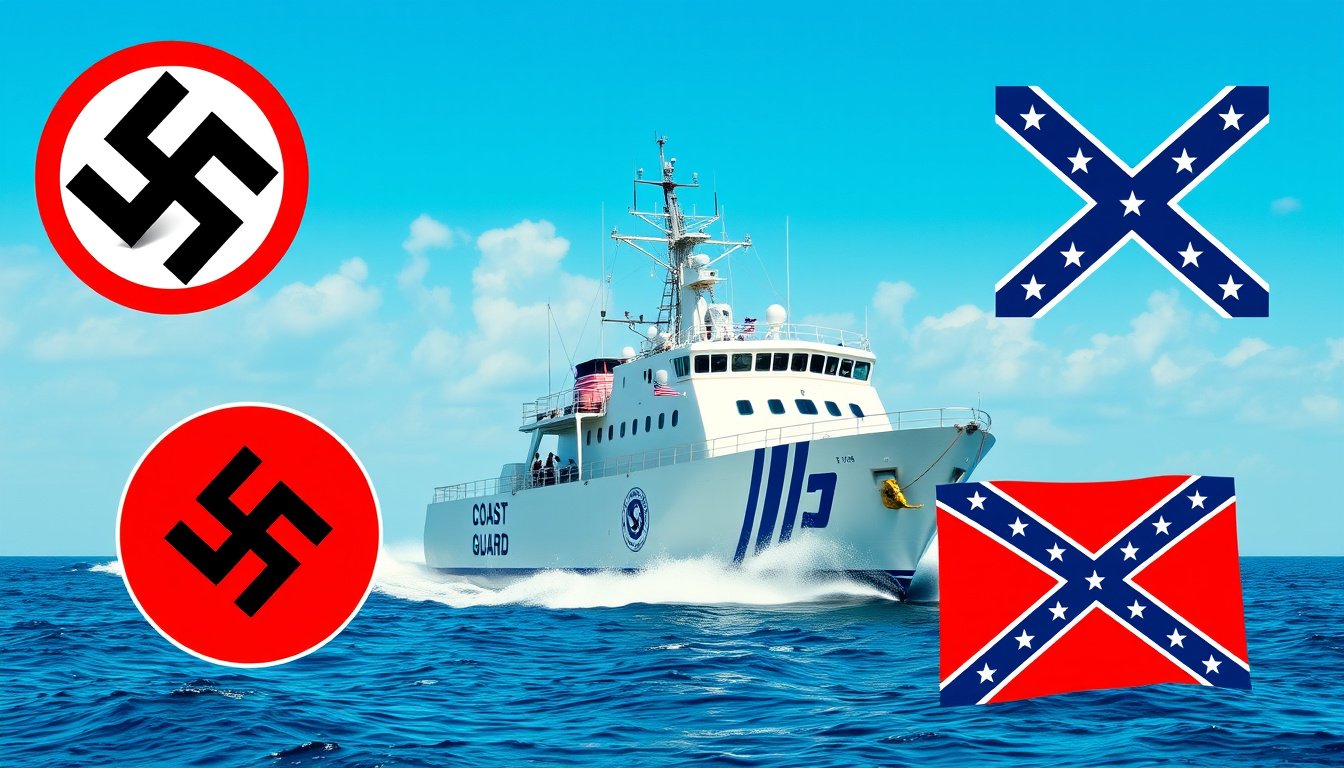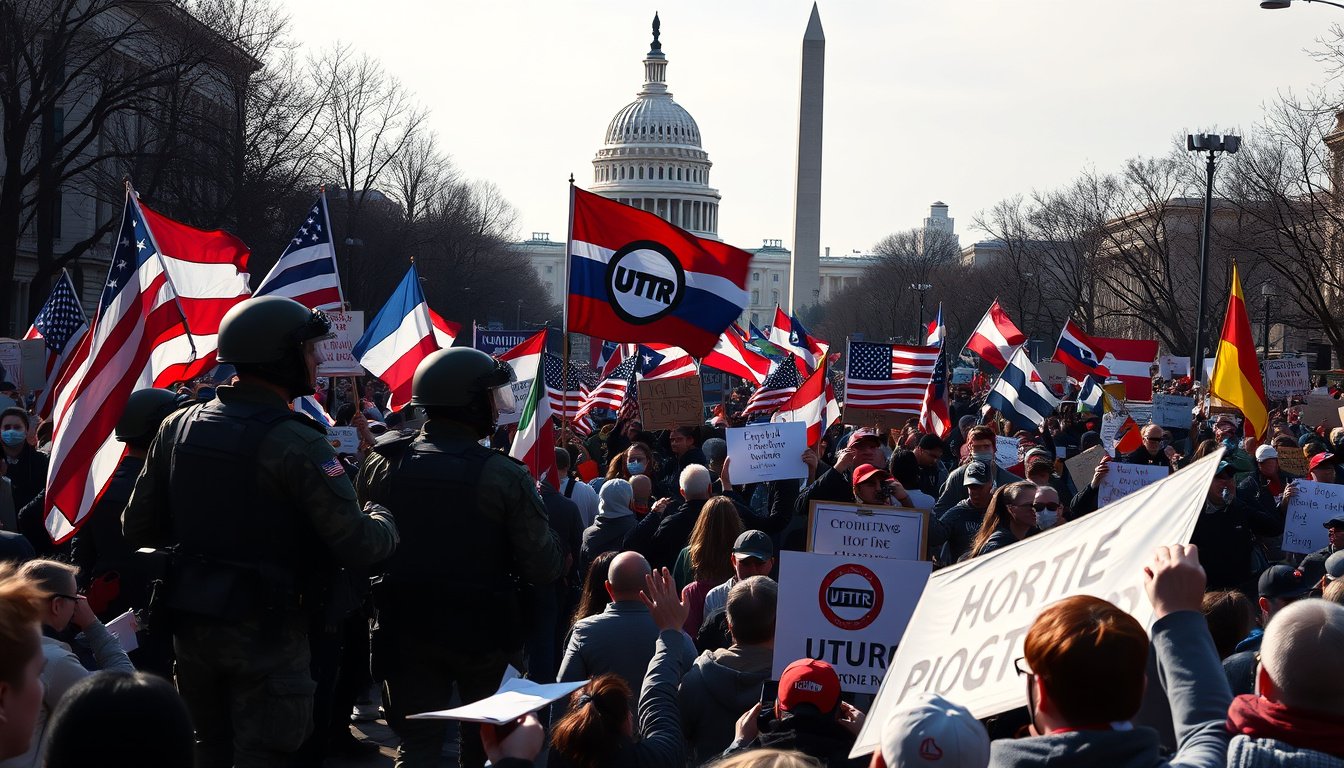In a recent development with significant implications for Middle Eastern geopolitics, a high-profile Hamas conference planned to take place in Turkey was abruptly canceled following reported pressure from Israel. This cancellation highlights the intricate power dynamics and diplomatic maneuvering that continue to shape the region’s political landscape.
The canceled summit was set to include prominent Hamas figures, including senior leader Khalil al-Hayya, and was seen as an opportunity for Hamas to consolidate its regional influence and discuss strategic priorities. However, sources indicate that the Israeli government exerted considerable diplomatic pressure on Turkey, leveraging its strategic partnerships and regional influence to halt the event.
This diplomatic intervention reflects Israel’s ongoing efforts to limit Hamas’s operational capacities and regional networking. Israel views Hamas, the Islamist militant group governing the Gaza Strip, as a direct security threat. Its approach often includes not only military options but also political and diplomatic measures to curb Hamas’s international activities.
The incident also underscores Turkey’s complex role in Middle Eastern affairs. While historically supportive of Palestinian causes and often critical of Israeli policy, Turkey must balance its regional aspirations with pragmatic considerations of its diplomatic and economic relations, including those with Israel and Western powers.
Additionally, the cancellation comes amid broader regional negotiations involving various actors, including the United States, which continues to play a key role in attempting to mediate conflict-related issues. Notably, a recent report mentioned that Hamas disarmament was not initially part of the US-led negotiations, adding layers of complexity to any peace or ceasefire efforts.
This episode vividly illustrates the fragile and multifaceted nature of Middle East diplomacy, where conferences and public engagements can become battlegrounds for influence and control. It also demonstrates how states like Israel actively seek to shape the regional agenda beyond direct conflict, employing diplomatic pressure to isolate adversaries and disrupt their platforms.
In conclusion, the cancellation of the Hamas conference in Turkey under Israeli influence reveals the depth of political contestation in the region. It highlights the ongoing struggle among regional powers to assert dominance and influence the future of the Israeli-Palestinian conflict. As the situation evolves, such incidents will remain key indicators of shifting alliances and the enduring complexities of Middle Eastern politics.










